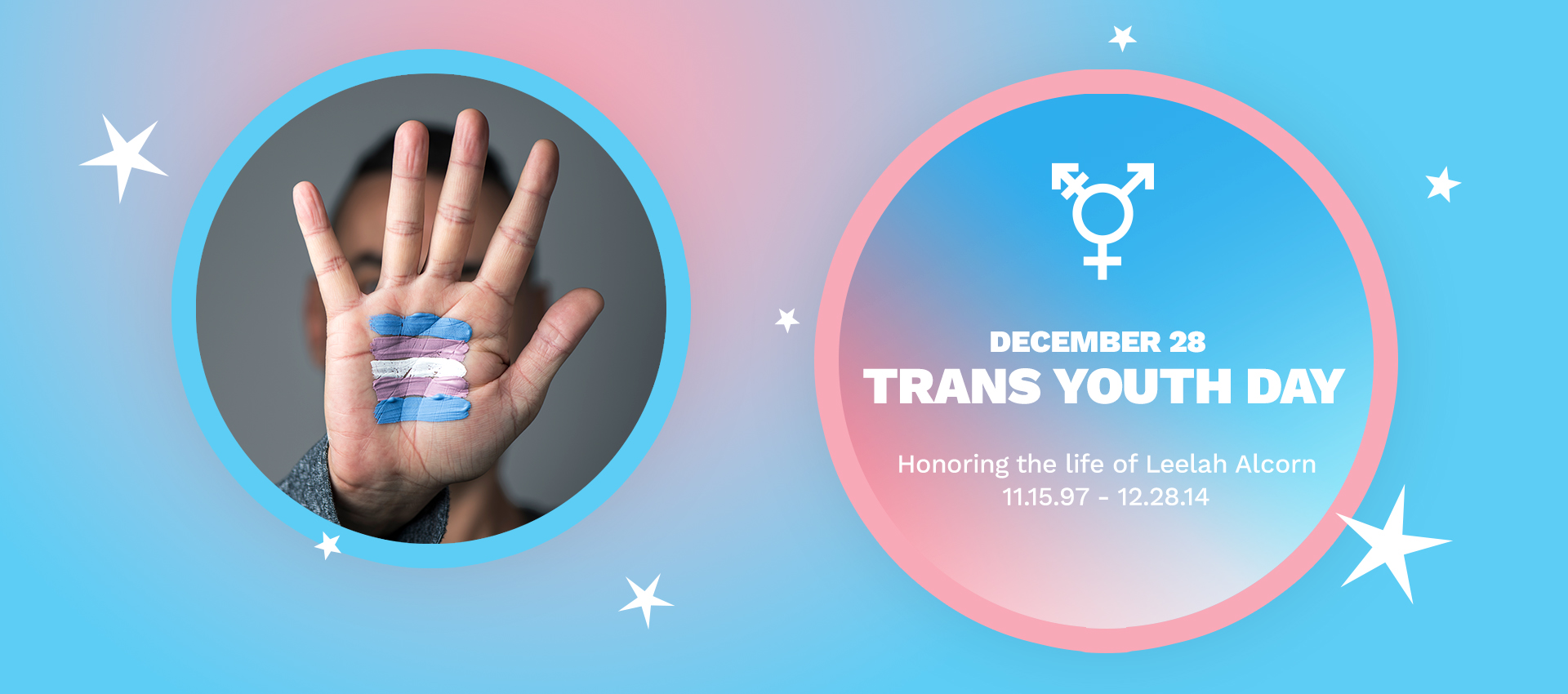Content Warning: Discussion of abuse and violence
December 17th is globally recognized as the Day to End Violence against Sex Workers. It’s a day spent honoring those lost and reflecting on the ongoing fight for sex worker rights, visibility and empowerment.
In Memoriam
The first recognized Day to End Violence against Sex Workers was in 2003. It began as a memorial and vigil held for the victims of the Green River Killer in Seattle, Washington, who preyed almost exclusively on sex workers. Since then, the day has grown into an international movement to organize against violence and fight for sex workers’ rights worldwide.
Intersectional Violence
Sex workers are particularly vulnerable to violence and abuse, especially those who work on the street. In fact, research shows that globally, sex workers have a 45-75% chance of experiencing sexual violence on the job. One New York City based study found that 80% of street workers had experienced violence1.
When we look at violence against sex workers, we see a reflection of patterns seen across society. Trans sex workers of color experience more violence and report disproportionate rates of assault compared to their white cisgender counterparts. Violence against sex workers is also violence against trans women, women of color, immigrants, individuals experiencing homelessness, and those who use substances. In order to end the victimization of sex workers, we must also fight transphobia, racism, stigma, sexism, and other structures of oppression.
Criminalization and Conflation
While there is no federal policy against the sale of sex in the United States, sex work is illegal and has been criminalized across the nation through various immigration, commerce, and anti-trafficking laws. Laws that criminalize sex work increase police surveillance of these individuals, many of whom already face increased rates of violence and abuse at the hands of law enforcement officers.
Additionally, the criminalization of sex work makes these individuals more vulnerable to violence because they are seen as ‘easy targets’ due to the stigma around sex work and the increased likelihood of not receiving victim support services if they report the attack.
All people in the sex work industry are impacted by anti-trafficking laws. Human trafficking policies over-emphasize sex trafficking and do not differentiate between sex work and trafficking/exploitation.
The real-world impact of these policies involves sex workers being charged with criminal offenses at even higher rates with harsher penalties and longer periods of incarceration. “The new war on trafficking harms the marginalized populations they claim to be rescuing1.”
Envisioning a Safe(r) Future
Everyone deserves to live their life without fear of violence or abuse, including sex workers and those who work in the sex industry. Rather than continuing to try and make commercial sex illegal, we should be ensuring the well-being of those engaging in it. Just as with any other people involved in employment industries requiring the use of the physical body, sex workers have a right to safe working conditions.
By removing policies that make sex work illegal (decriminalization), we could reduce police surveillance of and violence against sex workers and other marginalized communities.
Everyone deserves to feel safe and have their well-being protected. Take control of your health today by making an appointment with a medical provider.
1Swift, J. (2022, December 14). How to End Violence Against Sex Workers. Gender Policy Report. https://genderpolicyreport.umn.edu/how-to-end-violence-against-sex-workers/



